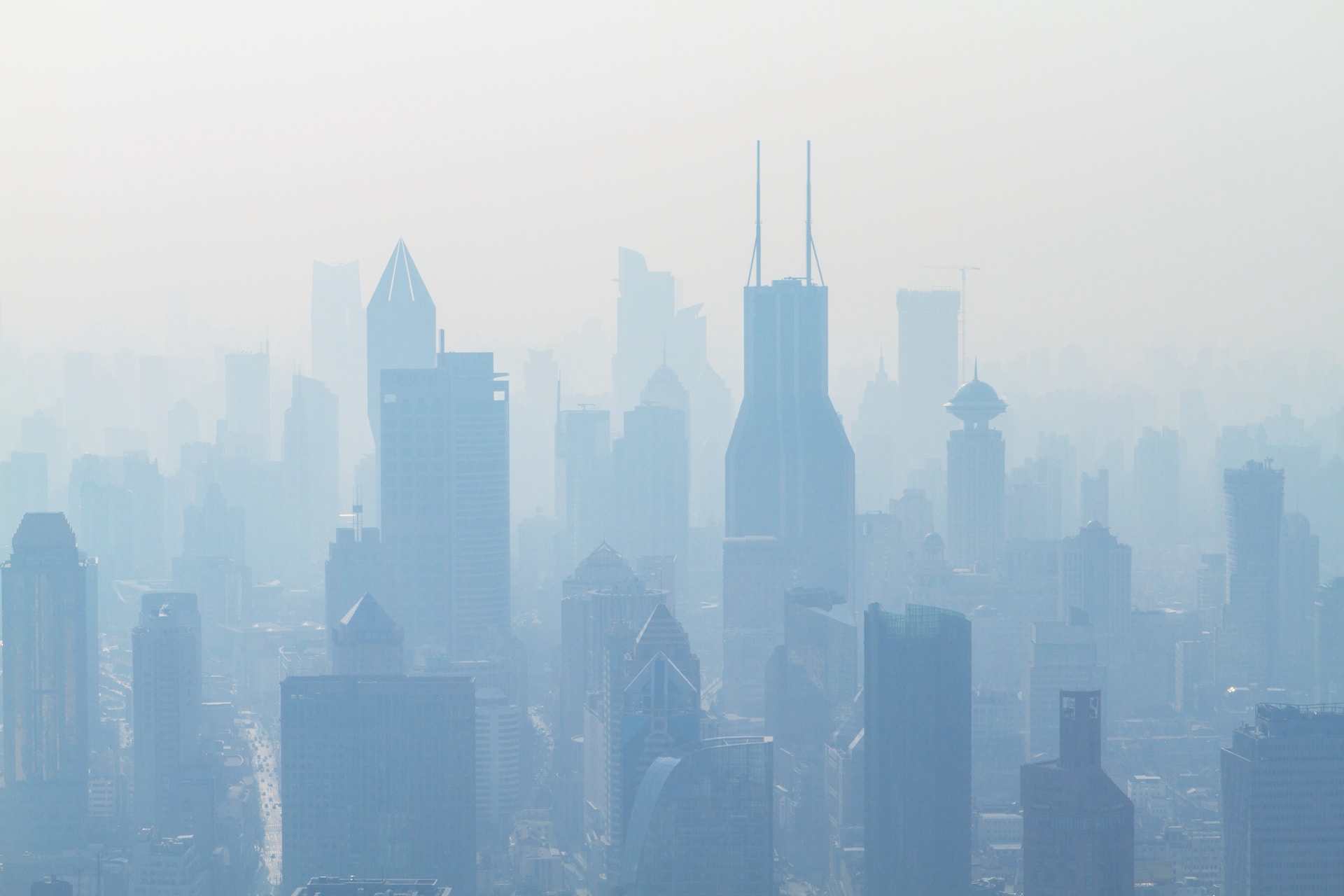When considering the global conversation around environmental challenges, climate change often dominates the headlines. However, as recent studies underscore, air pollution – a direct result of burning fossil fuels – is an equally urgent issue that intertwines closely with climate change.
While the adverse effects of climate change range from devastating wildfires to catastrophic floods, air pollution stealthily wreaks havoc on public health. “It’s not just about the long-term effects on our planet, but also about the immediate health risks of polluted air,” says Nina Renshaw, head of health at the Clean Air Fund.
Spotlight on Global Efforts
The Global Climate and Health Alliance (GCHA), in its recent exploration, delved deep into how countries are integrating air quality concerns into their national climate strategies. They analysed 170 countries’ nationally determined contributions (NDCs) and created a clean air scorecard, offering a comprehensive view of global efforts.

Stars of the Show: Colombia, Mali, Albania, and Moldova
A few countries have emerged as frontrunners in tackling both air pollution and climate change.
Colombia has made strides by embedding respiratory health protection in its climate strategies, emphasizing cleaner air through healthcare-centric policies. They have not just identified but also taken steps to mitigate air pollutants from sectors like agriculture, electricity generation, industry, and transport.
Mali, on the other hand, has focused on the health impacts of specific pollutants, such as black carbon and PM2.5, underlining their contribution to cardiovascular and respiratory diseases. Their ambitious goal is to prevent 2.4 million premature deaths by 2030 through air quality improvements.
In Europe, Albania and Moldova have emerged as pioneers. Albania, dealing with substantial air quality issues in cities like Tirana, leans on the EU Green Deal’s principles to incorporate air quality measures into its climate actions.
Moldova, similarly, stands out in its approach to integrating air quality into its climate agenda, reflecting a proactive stance in a region where many other countries lag.
G20’s Struggle with Air Quality
It’s startling to note the GCHA findings indicating the G20 countries’ struggle to adequately integrate air pollution concerns into their climate plans. Even though nations like Canada and China fare relatively better, no G20 nation manages to score even half marks on the clean air scorecard.
Countries like Indonesia and Saudi Arabia languish at the bottom, highlighting a pressing need for these major global players to refocus their environmental efforts.
The Road Ahead: COP28’s Potential
With the staggering statistic that 99% of the global population breathes unsafe air, the clarion call for action is loud and clear. COP28, with its inaugural health-focused day, presents a golden opportunity to thrust air pollution into the limelight.
Campaigners ardently hope for a paradigm shift, with air quality considerations interwoven into the primary discussions and resolutions of COP28.
“Embedding air pollution as a focal point at COP28 isn’t just about environmental progress. It’s about recognizing the very air we breathe as a fundamental right,” emphasizes Jeni Miller, the executive director of the Global Climate and Health Alliance.
As the world converges at COP28, the onus is clear – while the larger climate goals are undeniably critical, addressing the immediate and insidious threat of air pollution is equally imperative. The hope is that COP28 will be a watershed moment, marking a renewed global commitment to clear skies and cleaner air.
©globalgreenhouse.eu

